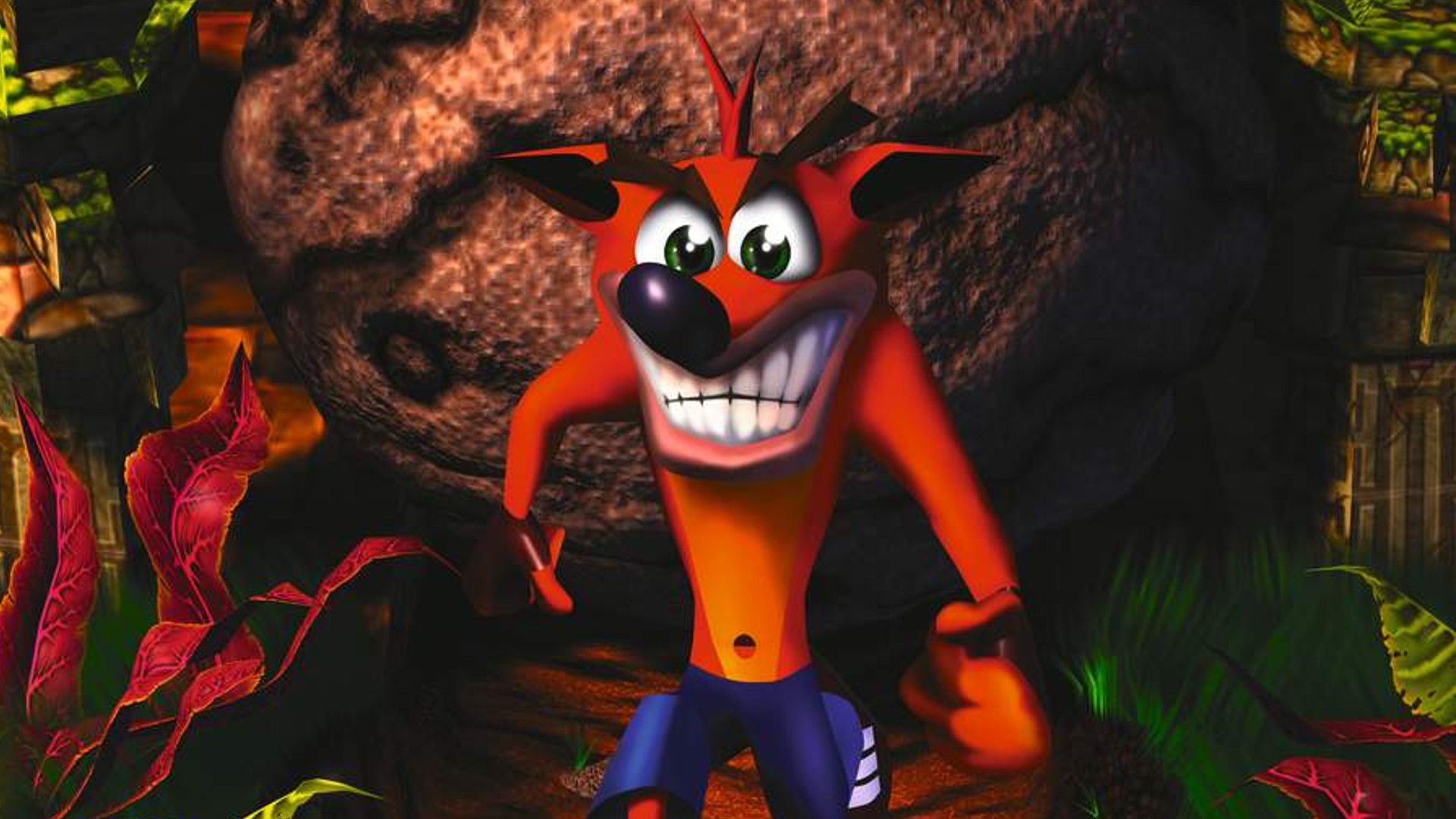News
Explore News
Latest News
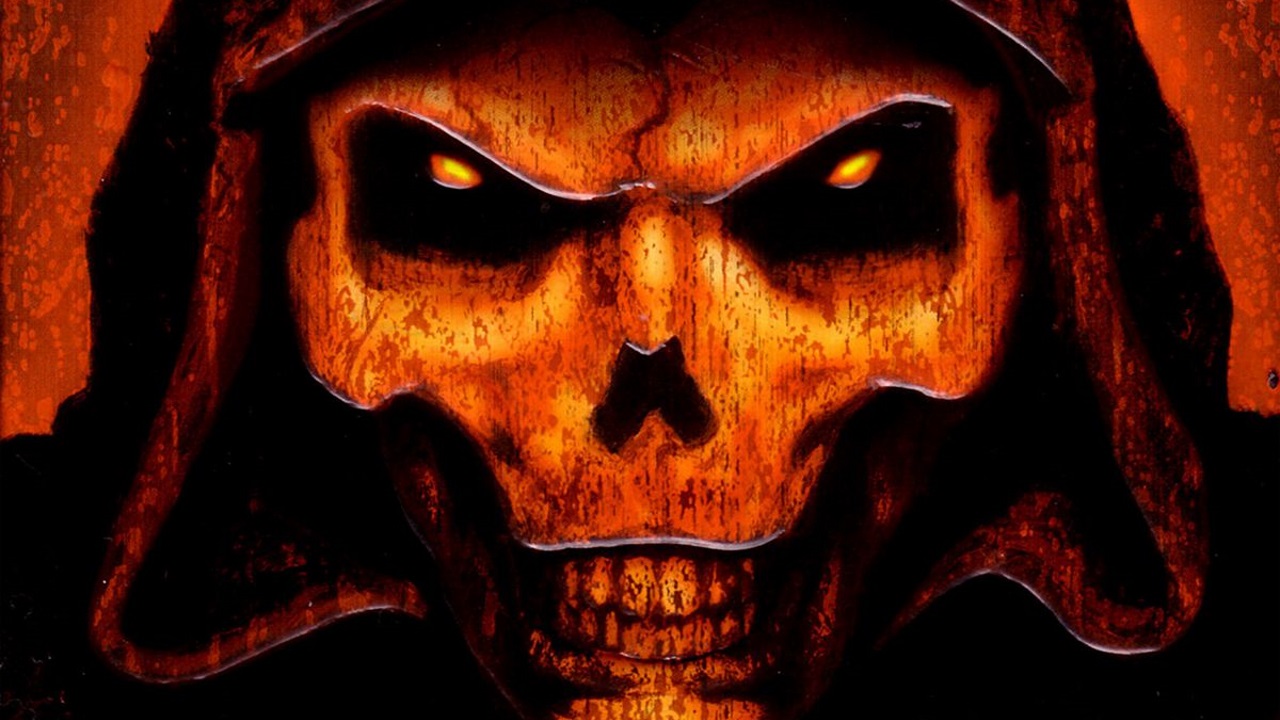
25 years later, Diablo 2 director still hasn't gotten over how much the stamina bar sucks: "It's like a newbie tax almost"
By Jordan Gerblick published
News "It makes me cringe every time"
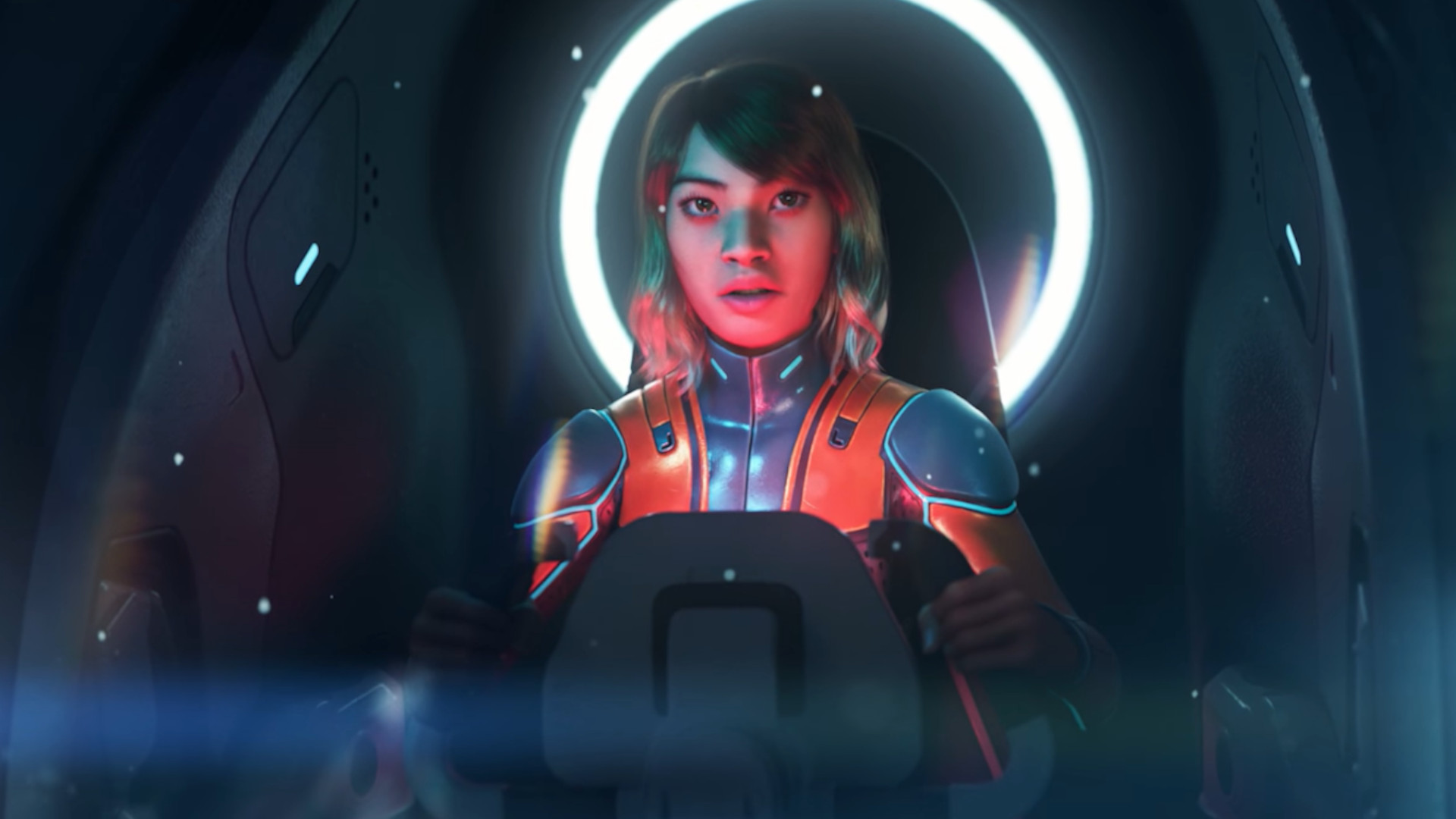
In a massive shakeup, Subnautica creators and Unknown Worlds co-founders have been replaced by The Callisto Protocol studio CEO months before Subnautica 2's early access launch
By Jordan Gerblick published
News "While Krafton sought to keep the Unknown Worlds' co-founders and original creators of the Subnautica series involved in the game's development, the company wishes them well on their next endeavors"
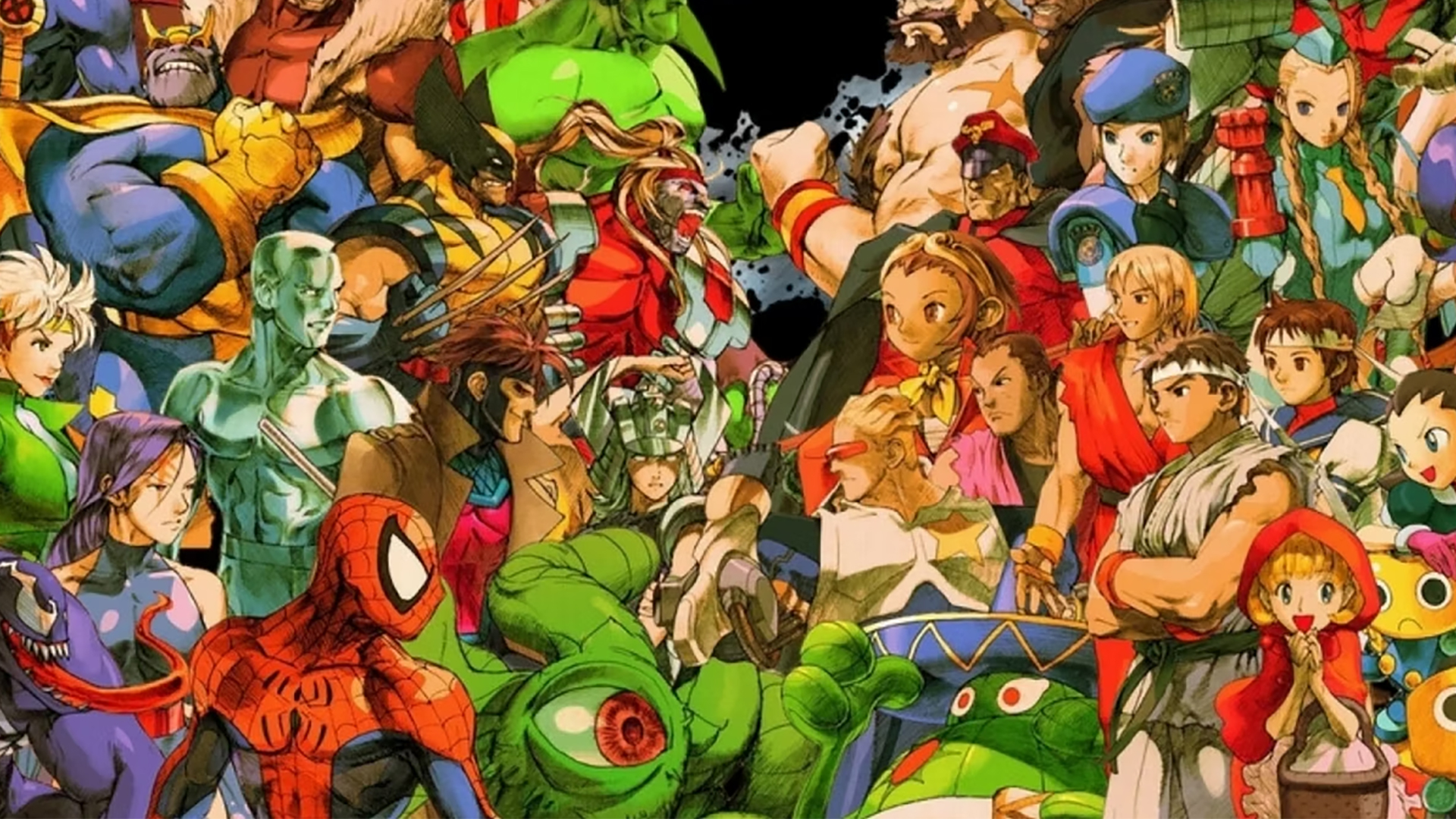
25 years after launch and 15 years after its last Evo appearance, the legendary Marvel vs Capcom 2 is back on the big stage and we're set for "the largest MvC2 tournament of all time"
By Dustin Bailey published
News When's Mahvel? Not that far off now
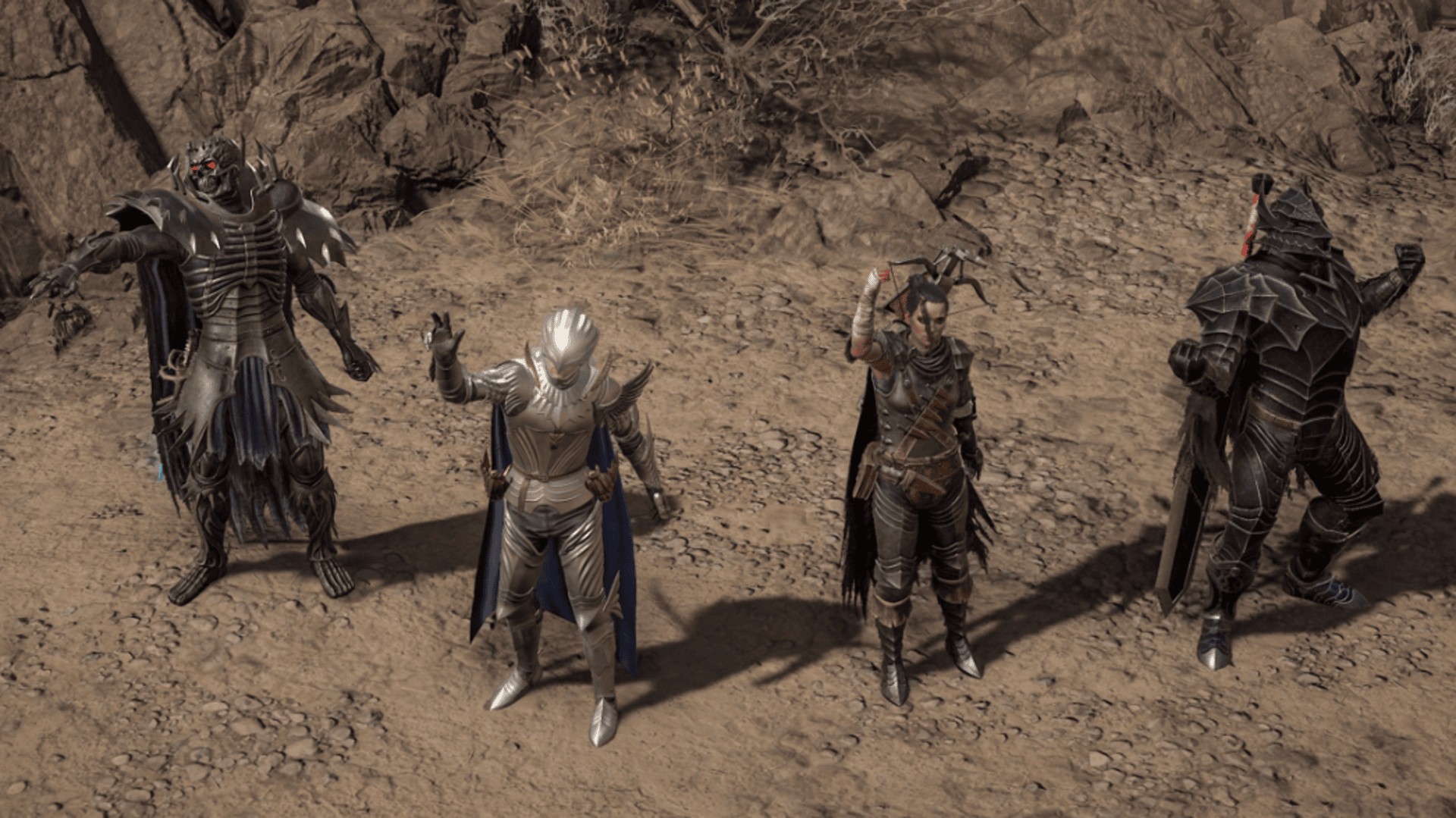
Hey Blizzard, the best part of Diablo 4 Season 9 isn't even in the patch notes: a new wardrobe quality-of-life feature that changes the true endgame – fashion
By Jordan Gerblick published
News One-click outfit swaps are the Season 9 change I needed
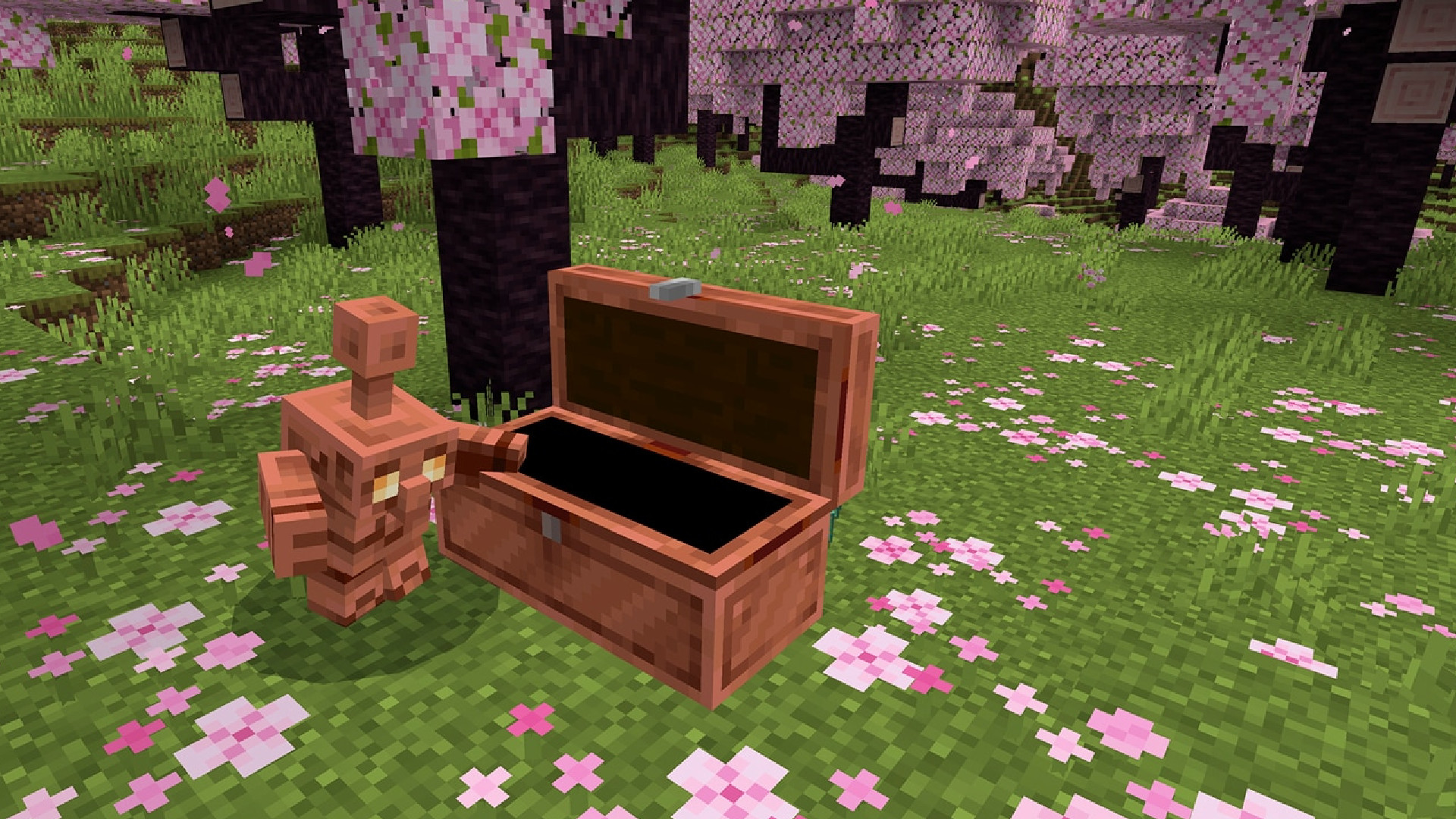
Minecraft is finally making copper useful with a new tier of tools bridging the gap from stone to iron, and a long-lost mob returning as the automatic item sorter fans have wanted for years
By Dustin Bailey published
News The copper golem is finally bouncing back from the mob vote of 2021
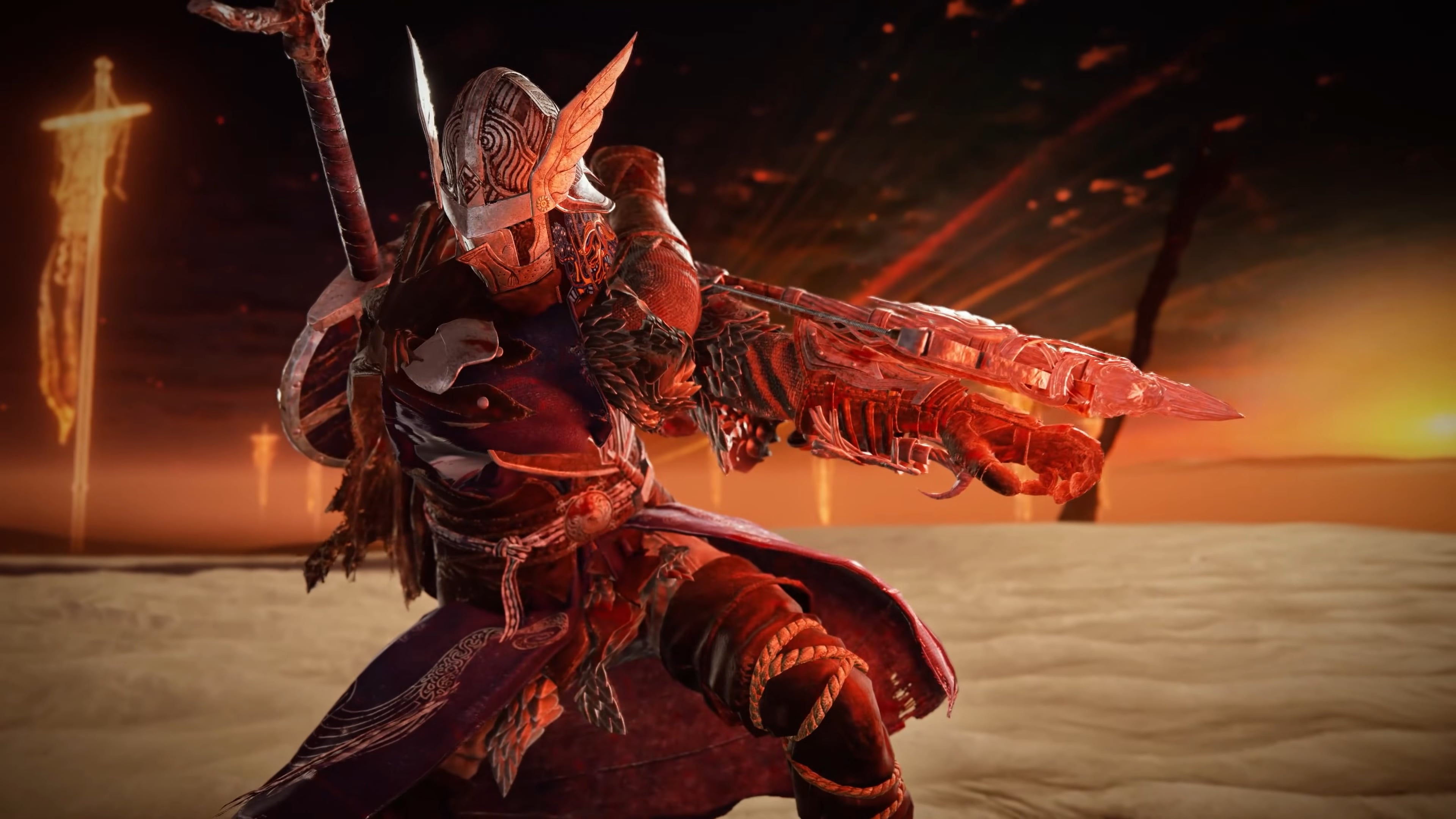
Elden Ring Nightreign players are using an extremely rare Legendary sword to juice their stats to the moon, stacking thousands of HP and even one-hitting final bosses
By Austin Wood published
News If you can get your hands on a Grafted Blade Greatsword, you can do some seriously dumb stuff
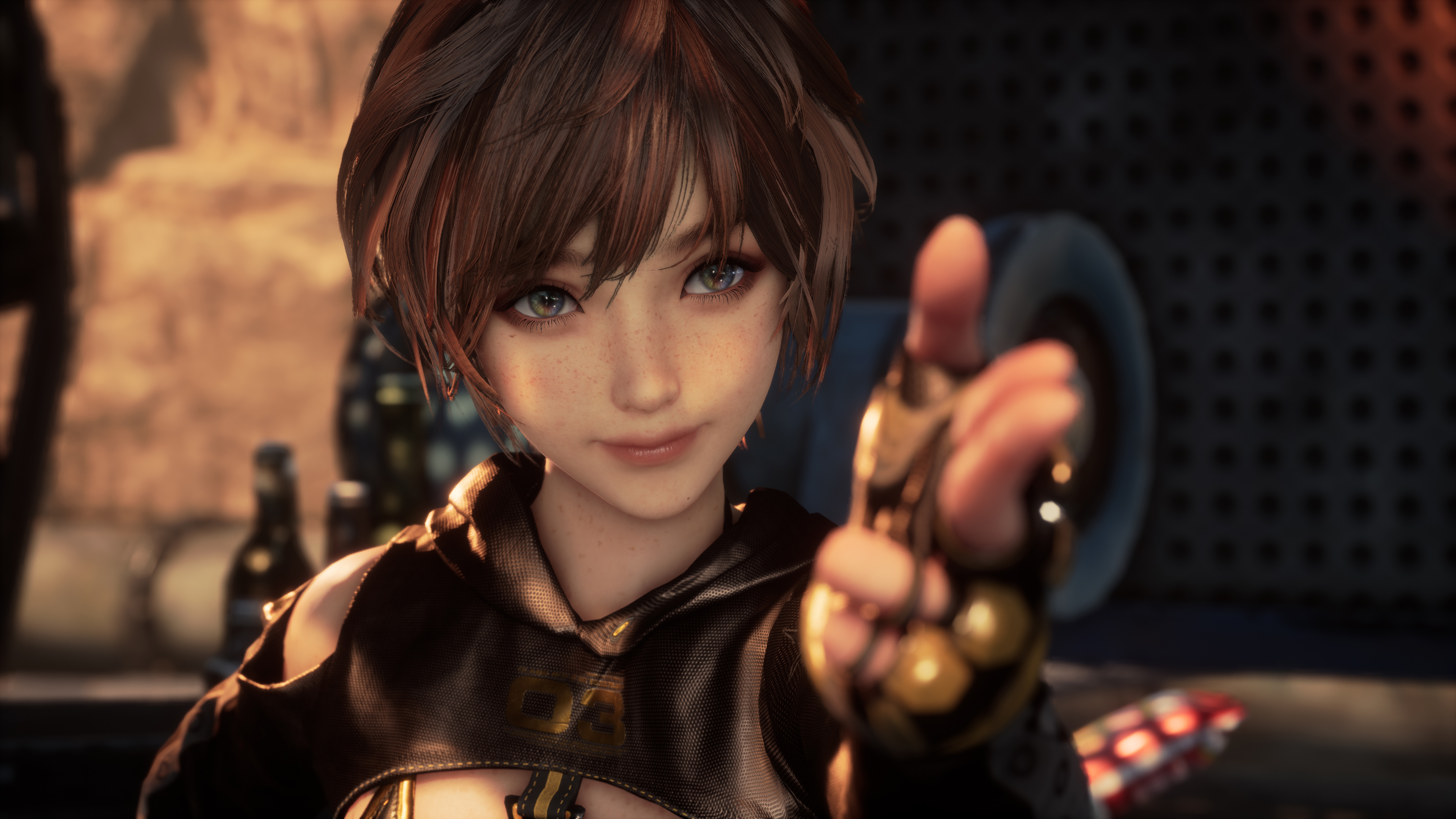
Weeks after changing owners, Nexus Mods updates rules on "illegal" and "adult" content – but even the original owner says calm down, it's purely about following the law or being "fined out of existence"
By Austin Wood published
News The change of ownership has nothing to do with this change in guidelines, Nexus Mods founder says

Legendary comic writer and editor Jim Shooter, creator of Secret Wars and writer of Avengers, Superman, and more dies at 73
By George Marston published
news Jim Shooter was once the editor-in-chief of Marvel Comics and pioneered the idea of the superhero crossover
Weekly digests, tales from the communities you love, and more
